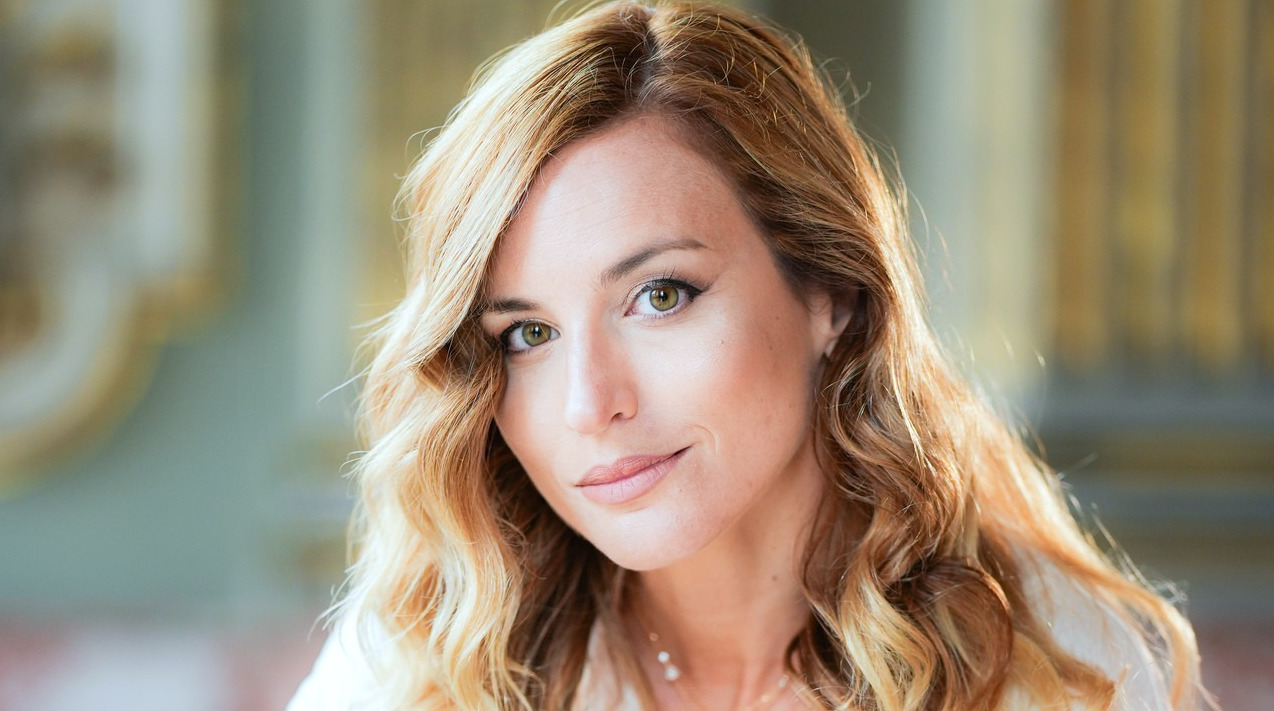Beatrice Venezi: A Prominent Figure in Modern Classical Music

Introduction
Beatrice Venezi, an Italian conductor and composer, is rapidly becoming one of the most recognised names in classical music today. Her rise to prominence is not only a testament to her remarkable talent but also highlights the evolving landscape of classical orchestration and leadership. In an era where diversity and fresh perspectives are making waves in the arts, Venezi stands out as a leading figure, inspiring a new generation of musicians and audiences.
Early Career
Born in 1990 in Lucca, Italy, Venezi began her musical journey at a young age, focusing on both piano and composition. She studied at the Conservatorio Giuseppe Verdi in Milan, where her passion for orchestral music flourished. Venezi made her conducting debut at the age of 21, showcasing her capability at an impressively early stage. Her talent quickly caught the attention of established orchestras, allowing her to gain valuable experience in both Italy and abroad.
Recent Achievements
Venezi has recently gained significant acclaim for her innovative approaches to classical music. In 2023, she led the prestigious Sankt Petersburg Philharmonic Orchestra, earning praise for her interpretations of classical masterpieces as well as contemporary compositions. Her willingness to blend traditional orchestral sounds with modern elements has not only earned her respect in the classical community but also attracted a younger audience to the genre.
Furthermore, Venezi is an advocate for gender equality in the arts, often speaking about the need for increased representation of female conductors in orchestras. Her efforts include mentorship programs and conducting workshops, which aim to guide aspiring conductors, particularly women, in overcoming barriers in the industry.
Future Directions
Looking forward, Beatrice Venezi is focused on expanding her repertoire and continuing to challenge conventions within the classical music scene. As she discusses her upcoming projects, there are plans for several recording sessions that explore the intersections of classical music with other genres, aiming to attract a diverse audience. Additionally, Venezi is set to lead performances at renowned festivals across Europe, further solidifying her status as a force in the music world.
Conclusion
As Beatrice Venezi continues to make her mark on the classical music industry, her journey showcases the importance of innovation and inclusivity in the arts. Her contributions are not only enriching the classical repertoire but also paving the way for future generations. With her dedication and vision, Venezi is poised to lead the way as a prominent figure in modern classical music, inspiring audiences and musicians alike.
You may also like

Jay Z: The Evolution of a Music Legend

The Lasting Legacy of Amy Winehouse

The Journey of Justin Hawkins: From Rock Star to Icon
SEARCH
LAST NEWS
- Remembering Wendy Richard: The Promise to Co-Star Natalie Cassidy
- How Did Anglian Water Achieve an ‘Essentials’ Rating for Mental Health Accessibility?
- Shai Hope Leads West Indies in T20 World Cup Clash Against South Africa
- What We Know About Weston McKennie: Future at Juventus and Past at Leeds
- What We Know About the Upcoming Live Nation Antitrust Trial